Panchkanyas! Women of Substance!
Feminism isn't about making women stronger. Women are already strong; it's about changing the way the world perceives that strength.
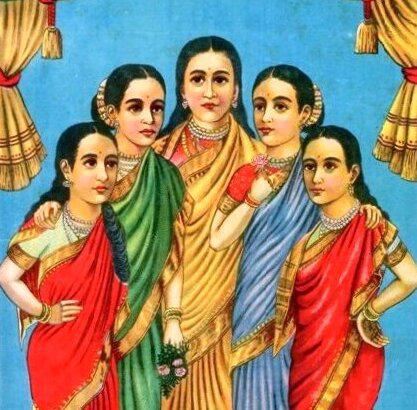
The list of challenges women face in their everyday lives is long but at every step, women have fought back to make their voices heard and stand up for their rights and the rights of other women.
As Maya Angelou said:
"Each time a woman stands up for herself, without knowing it possibly, without claiming it, she stands up for all women.”
Ancient literature and mythology have become closely associated with the feminist movement and have been interpreted as icons of feminism.
The 'Panch kanya' is a group of five iconic women of the Hindu epics, extolled in a hymn, whose names are believed to dispel sin when recited.
But matters of faith aside, who the kanyas are is in itself a fascinating question with their remarkable tales of courage, strength, loyalty,
honesty and of never compromising their values, esteem and self-belief.
Kanya refers to a maiden in Sanskrit, and Kanyatva is that attribute that makes a woman a Kanya. This is generally thought to mean virginity or chastity.
Although the five women were married, sometimes with multiple partners, the word 'kanya' was chosen to depict them instead of the word nari (woman) or sati (chaste wife).
While Draupadi and Kunti are from the epic Mahabharata, Ahalya, Tara, and Mandodari are from the Ramayana.
George M. Williams the erudite professor of Asian religions remarks: "They are not perfect but they fulfilled their dharma as mothers, sisters, wives and occasionally leaders in their own right."
The Pancha Kanyas embody the defiance of patriarchal notions of sexual morality.
Their stories have never been as significant as they are today.
The five maidens serve a dual role both culturally and spiritually within the Hindu tradition.
Culturally, they are seen as the epitome of womanly virtues, with each representing qualities such as loyalty, honesty, courage, sacrifice, patience and wisdom.
Transcending the boundaries of time and culture their lives offer a nuanced exploration of femininity, duty and the unyielding perseverance of the human spirit.
Spiritually, the Panchakanya are regarded as symbols of divine femininity and primal shakti (power). They are embodiments of the various facets of Adi Parashakti, the supreme power.
Ahalya –the wife of sage Gautama was known for her beauty, patience, and free will. She was accused of infidelity by her husband.
The life of the beautiful Ahalya, married at a young age to the wise old sage Gautama who had brought her up in his hermitage and was ultimately punished by him is reflective on the status of women in traditional Hindu society.
Her unflinching acceptance of that daring transgression and atonement of the unfortunate curse she endured due to Indra’s deceit/rape is what sets her apart.
Draupadi –the shared Bride famous for her polyandrous marriage to the five Pandava brothers. Draupadi is known for her courage, unwavering will and standing up for herself in the face of overwhelming opposition. It is her resilience and valour which transforms her into a paragon of gender and resistance.
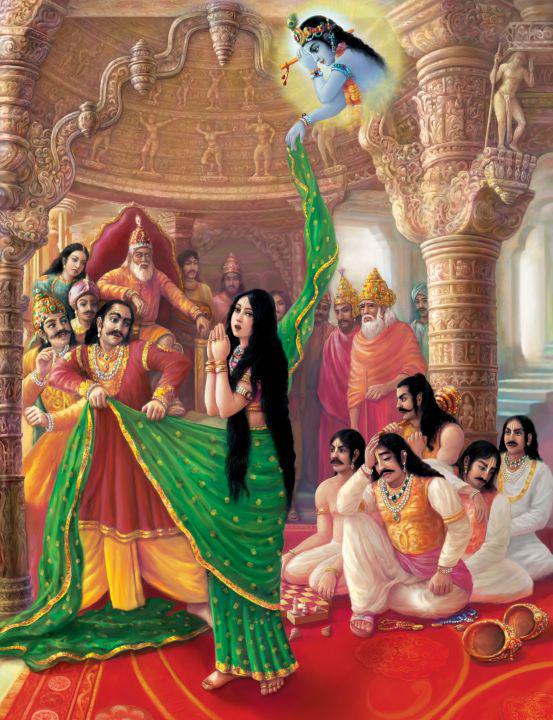
Kunti – The mother of the Pandavas and the maternal aunt of Sri Krishna was marked by her unwavering duty, patience and perseverance, profound wisdom in navigating complex moral dilemmas. Her unwavering commitment to her children's well-being is the legacy that showcases the depth of a mother’s love.
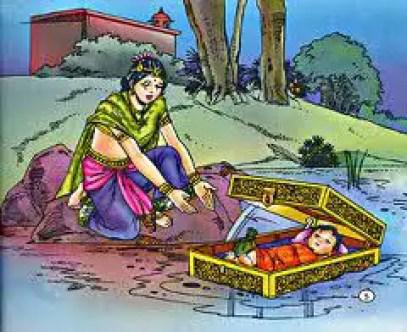
Tara – The insightful, diplomatic and astute queen consort of the monkey king Bali, and later, Sugriva. She was a woman of unusual intelligence who tackled Lakshmana diplomatically and made Sri Ram and Sugriva guarantee her son's succession to the throne.
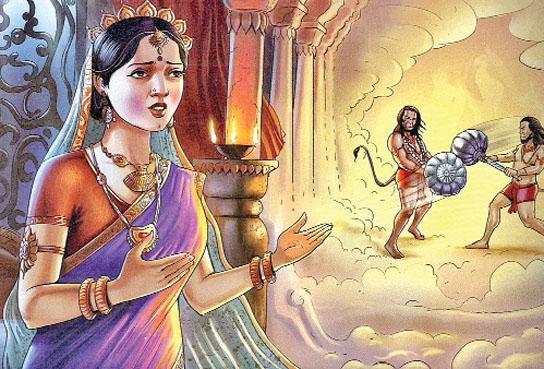
Mandodari – The loyal, wise and righteous wife of Ravana, the demon king of Lanka. Her character represents the internal struggle between good and evil and the ability to maintain integrity in the face of adversity.
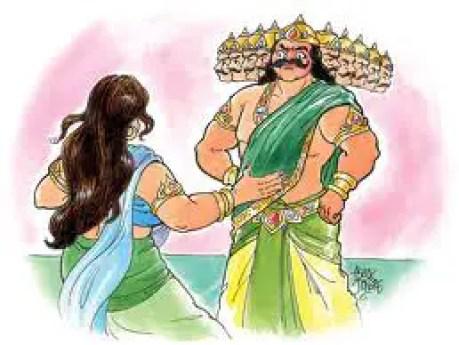
The five maidens have been likened to the five elements of nature: earth, sky, fire, water and wind.
In emerging from the sacred elements of nature; Ahalya's patience is compared to water, Tara's intelligence is quick as the wind, Mandodari's loyalty is as vast as the sky, Kunti's sacrifice is likened to earth, Draupadi's courage is fierce as Fire.
A common feature of the five women is they did not have conventional births and so termed motherless.
Ahalya, Tara, Mandodari and Draupadi had supernatural births.
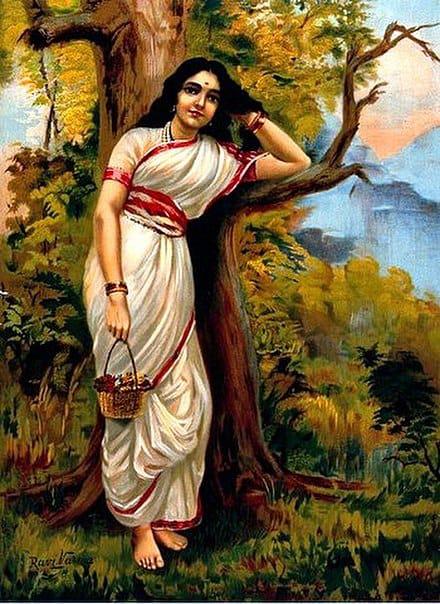
Ahalya
We know nothing of Pritha-Kunti’s mother.
The absence of a mother’s nurturing, left the five kanyas free to express and fulfill their femininity, achieving self-actualization on their own terms.
Each of them experienced the disappointment of love, humiliation and the agony of loss but they faced life’s challenges and difficulties head-on and continued to live their lives with heads held high.
Within the scope of social boundaries, they could express their personalities and design their own life-graphs.
The kanyas remain quintessentially virgins and, except for Kunti, hardly ever assume the position of 'mother.’ But they display no supernatural abilities, despite their more than mortal origins. 'The kanya' despite having a husband and children, remained alone to the last but as women of substance!
Most modern Indian women would agree that many women are publicly humiliated and even raped as a punishment for challenging the male will or for ‘talking back’ at a man. Many men are known to use violence against wives merely because they have back answered.
The life stories of these five inspirational women and their dignified conduct through the trials and tribulations of their life speaks of their tremendous inner strength, which was recognized in their own lifetime and continues to inspire the modern woman to draw on her inner strength.
ahalyā draupadī kuṃtī tārā mandodarī tathā
pañcakanyāḥ smarennityaṃ mahāpātakanāśinīm ॥
#womenofsubstance #panchkanya #strongwomen
Comments (17)
















